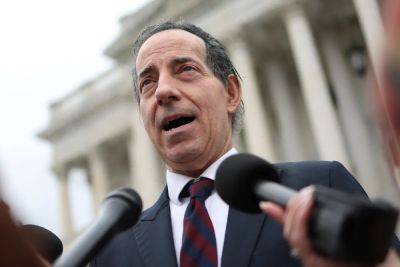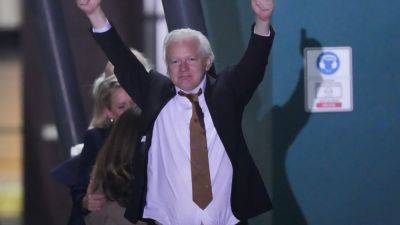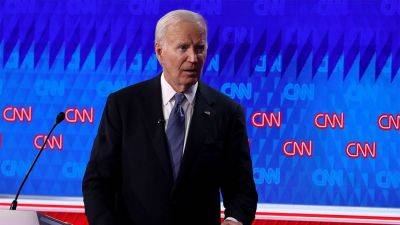As Iran Picks a President, a Nuclear Shift: Open Talk About Building the Bomb
With the rest of the world distracted by wars in Gaza and Ukraine, Iran has moved closer than ever to the ability to produce several nuclear weapons, dramatically bolstering the speed at which it can produce nuclear fuel in recent weeks inside a facility buried so deep that it is all but impervious to bunker-busting bombs.
The sharp technological upgrade goes hand in hand with another worrisome change: For the first time, some members of Iran’s ruling elite are dropping the country’s decades-old insistence that its nuclear program is entirely for peaceful purposes. Instead, they are publicly beginning to embrace the logic of possessing the bomb, arguing that recent missile exchanges with Israel underscore the need for a far more powerful deterrent.
In interviews with a dozen American, European, Iranian and Israeli officials and with outside experts, the cumulative effect of this surge appears clear: Iran has cemented its role as a “threshold” nuclear state, walking right up to the line of building a weapon without stepping over it.
American officials are divided on the question of whether Iran is preparing to take that final step or whether it will determine it is safer — and more effective — to stay just on the cusp of a weapons capability, without openly abandoning the last of its commitments as a signer of the Nuclear Nonproliferation Treaty.
Most officials spoke on the condition of anonymity because so much about Iran’s nuclear program, from assessments of its status to secret efforts to infiltrate and slow it, is highly classified.
And they caution that while Iran could now produce the fuel for three or more bombs in days or weeks, it would still take considerable time — maybe 18 months — for Iran to fabricate that fuel







